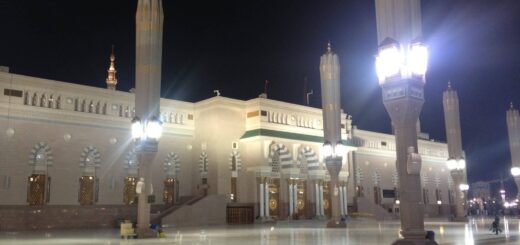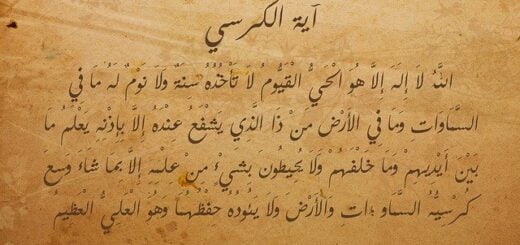Tawheed: Recognition & Worship

Getting your Trinity Audio player ready...
|
The very essence of Islam is the testimony that there is no god or deity except Allah and that the Prophet Muḥammad (peace and blessings be upon him and his family) is the Messenger of Allah. It is the root of faith (al-‘Imān) from which other branches are built upon.
There is no pantheon of gods and goddesses; there are no demi-gods, semi-divine beings and there is no duality – a deity of good and a deity of evil. Each of the testimonials of Islam is an outright rejection of all of that and an affirmation, that there is but one god, Allah. Pantheons, multiplicity and duality only exists within the figments of imagination, having no basis in reality whatsoever.
Presented here is a translation of the opening chapter from Part 4 (Tawḥeed: Definitions & Proofs) of the magnum opus: Kitāb ut-Tawḥeed by Professor Muḥammad ibn Abdullah al-Mas’ari.

This chapter examines the nature of the word Tawḥeed. It begins by looking at the word linguistically and its use in the Qur’ān. Turning the Prophetic Sunnah, Professor al-Mas’ari examines the reported narratives on this and provides explains why there is variance that occurs in the reported wording. How this wording can be harmonised and understood is also examined, with specific regard to the narratives from the Prophetic Sunnah.
In the standard English translations, the first part of the testimonial of Islam is invariably translated as: ‘…there is none worthy of worship except Allah.’ We have avoided this rendition altogether. The reason for that, is because it is more of an interpretation rather than an accurate reflection of the wording that is reported in Arabic in the revelatory texts.



